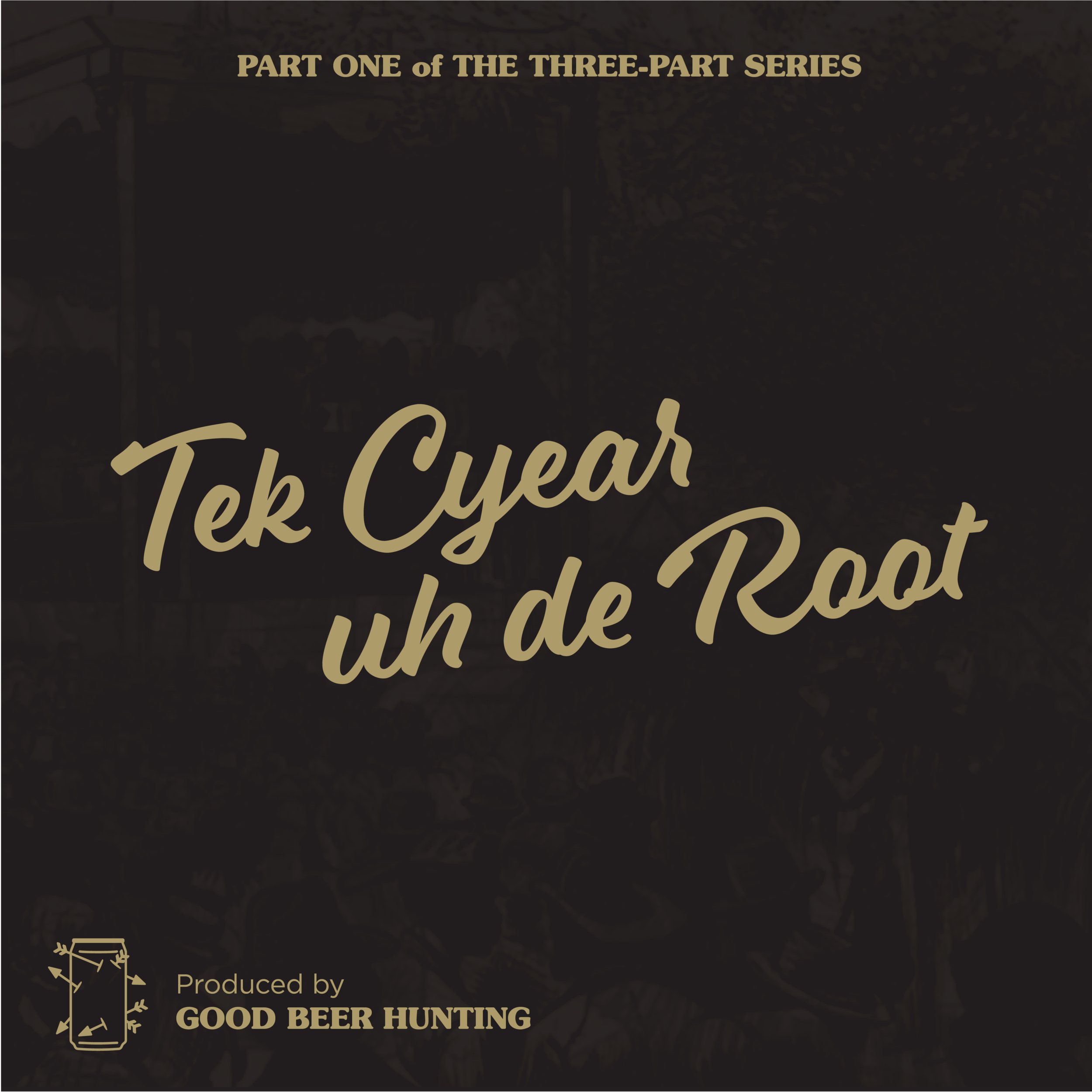
Charleston, South Carolina:, a city with a villainous history and a place I call home. From the palmetto-lined streets to the many saltwater creeks and whiffs of pluff mud, The Holy City is a place of geographic charm with a history rooted in exclusion and racism. It’s also the subject of this three-part podcast series, which explores a lesser-known chapter in the city’s past.
The Charleston Schützenfest, a shooting competition and community festival transplanted from Germany, was held every year at the German Rifle Club’s grounds on the banks of the Ashley River beginning in the 1850s. The fest was a place where German-Americans used their culture to help negotiate both local and national inclusion, and Black Charlestonians were initially welcome to join in. But white supremacists soon began using it too, and by the 1870s the Schützenfest was the premier expression of militant racism in Reconstruction-era Charleston.
This gun and beer festival was held just outside the Wagener Terrace section of the city, where around six breweries operate today. It could very well be the blueprint for how modern-day exclusion operates within Charleston’s beer spaces. The event allied the Gullah Geechee people—formerly enslaved West Africans—and German immigrants during a time of social and political upheaval, but eventually it drove them apart. Lost potentials like these still reverberate in taprooms across the country today—calling forth false assumptions like: “Black people don’t drink beer” or, “Going to breweries is some white-boy shit.”
Mus tek cyear uh de root, fa heal de tree is a Gullah Geechee proverb denoting the importance of addressing potential problems and issues in their infancy. In writing about the Schützenfest, we tried to better understand the roots of Black exclusion from 21st-century beer spaces.
For the full story, check out our three-part article series, published on Good Beer Hunting last week, where we recount the origins and evolution of the fest; discuss the resurgence of white supremacy in Charleston after the Civil War; and celebrate the parades, food, fishing, and myriad other ways Black Charlestonians have thrived even while enduring racial oppression. Together, both the editorial and podcast series explore the lineage of the city’s suppression of African-American advancement socially and economically, and reveal how the Schützenfest’s legacy still shapes Charleston’s beer spaces today.
Reading all three parts will give you the foundation and historical context to break down these constructs yourself. Then join us for three podcast episodes that go even further. In the first episode, Brian Alberts expands on the vast research compiled for this project, explains a little more about the Schützenfest, and shares some ways the story goes even deeper than we could fit into the written series. In the second, historians Mike Stein and Peter Jones walk us through the types of beer we would have seen in 1800s Charleston, and how they fit into our broader story. And in the third episode, we head to Charleston to get a contemporary point of view: Mr. Sammy Backman of Backman Seafood, KJ Kearney of Black Food Fridays, and Jaime Tenny of Coast Brewing all speak on the influence of exclusion in their respective industries, and how they want to move forward to make Charleston's food and beer scene even better.